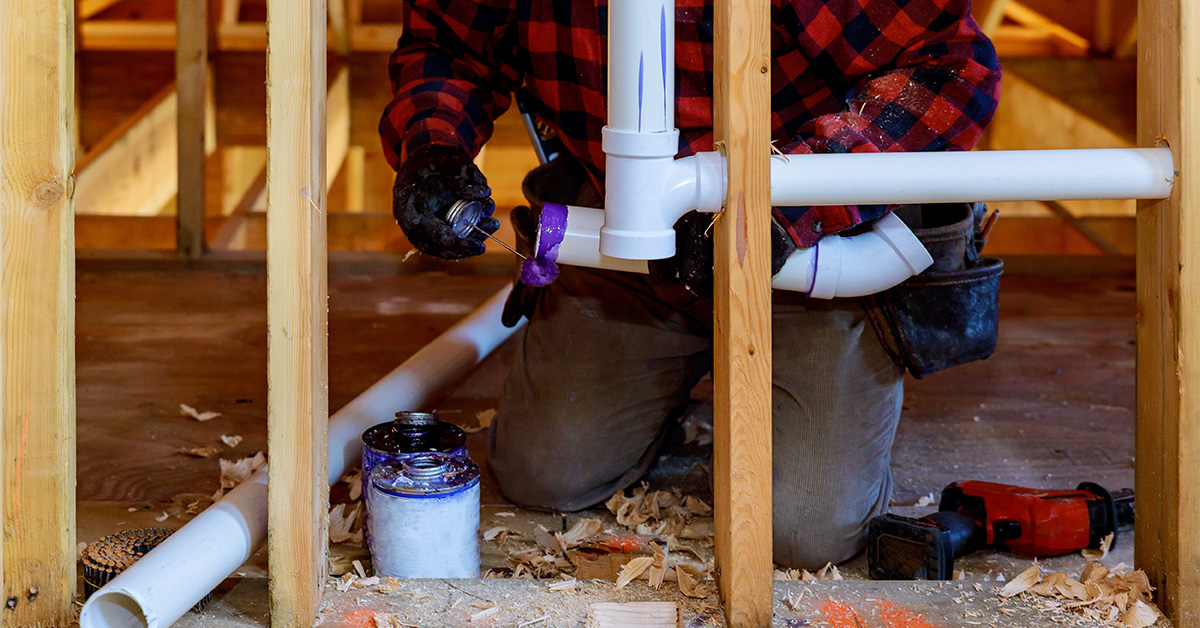Preparing your home for sewer installation is a significant undertaking that requires thorough planning and knowledge. A well-prepared installation can help homeowners avoid unexpected challenges and unnecessary expenses. Navigating permit requirements, understanding site conditions, and coordinating with utility services are just the beginning. Whether you’re transitioning from a septic system or planning for new construction, knowing each step of the process is crucial. This comprehensive guide will provide answers to common questions and address potential challenges related to sewer installation.
What Should You Know Before Installing a Sewer System?
Before beginning a sewer installation, it’s important to become familiar with applicable regulations and understand the transition from a septic system to a sewer connection. Requirements may vary depending on your local municipality, so consulting the appropriate public works department or permitting office is essential for compliance with codes and zoning laws.
The decision to connect to a sewer system instead of maintaining a septic tank often comes down to cost, convenience, and long-term maintenance considerations. Homeowners should also be prepared for connection fees and potential property disruptions during installation. Partnering with a licensed plumber can provide insights into costs, timelines, and how local site conditions may affect the process.
Additionally, factors like soil type, grading, and drainage should be considered when planning a sewer installation. Different soil and ground conditions require different handling to ensure pipes remain stable and functional over time. Evaluating these factors in advance helps ensure a smooth and resilient installation.
How Do You Obtain the Right Permits for Sewer Installation?
Obtaining the necessary permits is a critical step in any sewer installation. Permits are issued by local authorities to ensure projects meet safety and environmental standards. Applications typically require detailed project plans outlining the scope, location, and technical specifications of the installation.
Working with experienced plumbers often simplifies the permitting process since they regularly interact with municipal offices and understand the required documentation. This collaboration can help streamline approvals, avoid errors, and prevent delays.
Permit-related costs vary depending on the size and complexity of the project, so factoring these into your budget early on is recommended. Service providers like Smith's Plumbing, Heating & Air offer transparent pricing to help you plan effectively.
What Are the Essential Site Preparations for Sewer Installation?
Proper site preparation is vital to the success and longevity of a sewer system. Site assessments typically involve property inspections to identify underground utilities and address any obstacles such as tree roots or topographical challenges.
Accurately mapping existing utilities—including water, gas, and electrical lines—must be completed before excavation begins. Professional plumbers usually handle this step to ensure safety and avoid service interruptions.
Site prep may also involve clearing debris, leveling ground, or stabilizing soil conditions to support new pipes. Adequate preparation ensures durability, prevents sagging or shifting, and minimizes future maintenance issues.
What Should You Expect During the Sewer Installation Process?
The sewer installation process generally begins with excavation, which varies in complexity based on property layout and soil conditions. Pipes are then carefully laid at the correct slope to allow for proper waste flow.
Next, the new sewer lines are connected to existing mains or infrastructure. This step requires precision to prevent leaks and ensure seamless integration. Multiple inspections are usually conducted throughout the process to verify compliance with standards and the quality of workmanship.
Experienced providers like Smith's Plumbing, Heating & Air assist with these inspections, ensuring everything proceeds smoothly and without unnecessary complications.
How Do You Handle Unexpected Challenges During Installation?
Even with thorough planning, challenges can arise. Weather conditions, for example, may impact excavation and trench stability. Scheduling work during favorable conditions can help mitigate these risks.
Unforeseen obstacles such as uncharted utilities or unstable soil may also surface. In such cases, plumbers may recommend alternatives like trenchless technology, which minimizes disruption while still achieving reliable results.
Open communication with your plumbing team is critical. Discussing options and making timely adjustments helps keep the project on track while reducing frustration.
What Are the Costs of Sewer Installation?
Sewer installation costs vary based on materials, project complexity, site conditions, and permit fees. Consulting with multiple professionals, including Smith's Plumbing, Heating & Air, provides a clearer understanding of the complete financial picture.
Transparent discussions about expenses—such as labor, equipment, and potential extras—help prevent budget surprises. Some providers also offer financing options to make payments more manageable.
It’s also wise to plan for possible post-installation adjustments or repairs, ensuring your budget remains flexible.
Why Consider Professional Sewer Installation Services?
Hiring professional plumbers for sewer installation offers peace of mind and ensures the job is done correctly. Licensed contractors are trained to manage complex systems, adhere to regulations, and minimize risks.
Professionals provide valuable guidance in selecting durable materials suitable for your property’s soil and environmental conditions. Providers like Smith's Plumbing, Heating & Air bring the right equipment and expertise to streamline the process.
In addition, many professional services come with warranties, protecting your investment from future issues. With their knowledge of the latest methods and technologies, professionals deliver durable, efficient, and compliant sewer systems.
What Are the Aftercare Steps & Maintenance Tips?
Proper aftercare ensures long-term performance of your new sewer system. A walkthrough with your service provider after installation helps confirm everything is functioning properly and allows immediate issues to be resolved.
Regular maintenance—such as inspections, cleanings, and mindful usage—helps prevent clogs and damage. Avoid flushing non-biodegradable items or pouring grease down drains, as these can lead to blockages and costly repairs.
Many providers, including Smith's Plumbing, Heating & Air, also offer maintenance plans to extend the life of your sewer system and provide ongoing protection.
If you’re planning a sewer installation, being well-informed and working with trusted professionals can make the process smoother and more efficient. From permits to site prep to long-term care, preparation ensures a successful outcome. Contact Smith's Plumbing, Heating & Air at (901) 290-1110 today to discuss your sewer installation needs and how we can help.


